Best movies like Why America
A unique, carefully handpicked, selection of the best movies like Why America Starring Françoise Christophe, Pia Colombo, Pierre Andrieux, Jacques Castelot, and more. If you liked Why America then you may also like: Zoot Suit, Victory Through Air Power, What Becomes of the Children?, Why We Fight, Roger & Me and many more popular movies featured on this list. You can further filter the list even more or get a random selection from the list of similar movies, to make your selection even easier.
A film about America between the world wars that attempts to capture and interpret the vital moving forces in American society that caused the United States to emerge by the end of World War II as a dominant world power.
Why America
You may filter the list of movies on this page for a more refined, personalized selection of movies.
Still not sure what to watch click the recommend buttun below to get a movie recommendation selected from all the movies on this list
Victory Through Air Power
This is a unique film in Disney Production's history. This film is essentially a propaganda film selling Major Alexander de Seversky's theories about the practical uses of long range strategic bombing. Using a combination of animation humorously telling about the development of air warfare, the film switches to the Major illustrating his ideas could win the war for the allies.
What Becomes of the Children?
Get ready for a roller-coaster trip of emotion with this campy collection from the golden age of Hollywood! Originally intended to warn America's youth of the perils of drugs, sex, and alcohol, these outlandish and unintentionally hilarious tales have heartache, tragedy, crime, and even insanity, lurking around every corner!
Why We Fight
Is American foreign policy dominated by the idea of military supremacy? Has the military become too important in American life? Jarecki's shrewd and intelligent polemic would seem to give an affirmative answer to each of these questions.
Roger & Me
A documentary about the closure of General Motors' plant at Flint, Michigan, which resulted in the loss of 30,000 jobs. Details the attempts of filmmaker Michael Moore to get an interview with GM CEO Roger Smith.
Jazz on a Summer's Day
Set at the Newport jazz festival in 1958, this documentary mixes images of water and the town with performers and audience. The film progresses from day to night and from improvisational music to Gospel. It's a concert film that suggests peace and leisure, jazz at a particular time and place.
The Keeper of the Bees
A severely traumatized World War I veteran, believing that he's living on borrowed time, comes upon a peaceful little village and meets an old man called Bee Master and his protégé, Little Scout, who try to convince him that he has more to live for than he thinks he does.
BaadAsssss Cinema
With archive film clips and interviews, this brief look at a frequently overlooked historical period of filmmaking acts as an introduction rather than a complete record. It features interviews with some of the genre's biggest stars, like Fred Williamson, Pam Grier, and Richard Roundtree. Director Melvin Van Peebles discusses the historical importance of his landmark film Sweet Sweetback's Baadasssss Song. For a contemporary perspective, the excitable Quentin Tarantino offers his spirited commentary and author/critic bell hooks provides some scholarly social analysis.
The Cool World
A fifteen-year-old boy wants to buy a gun from an adult racketeer named Priest, in order to become president of the gang to which he belongs, and to return them to active "bopping" (gang fighting) which has declined in Harlem.
Heroes for Sale
Tom Holmes is someone guided by honesty and moral rectitude, a heroic veteran of the World War I marked by the unbearable suffering caused by his battle wounds, a traumatized but courageous man who will experience, in the years to come, the pain of misfortune but also the happiness of success and hope and love for other human beings.
Dillinger
After a shoot-out kills five FBI agents in Kansas City the Bureau target John Dillinger as one of the men to hunt down. Waiting for him to break Federal law they sort out several other mobsters, while Dillinger's bank robbing exploits make him something of a folk hero. Escaping from jail he finds Pretty Boy Floyd and Baby Face Nelson have joined the gang and pretty soon he is Public Enemy Number One. Now the G-men really are after him.
Fahrenheit 9/11
Michael Moore's view on how the Bush administration allegedly used the tragic events on 9/11 to push forward its agenda for unjust wars in Afghanistan and Iraq.
The Sins of the Children
A barber turns down a promising business venture in order to take his sick son to a drier climate out west.
The Fog of War
Using archival footage, cabinet conversation recordings, and an interview of the 85-year-old Robert McNamara, The Fog of War depicts his life, from working as a WWII whiz-kid military officer, to being the Ford Motor Company's president, to managing the Vietnam War as defense secretary for presidents Kennedy and Johnson.
Modern Times
The Tramp struggles to live in modern industrial society with the help of a young homeless woman.
HyperNormalisation
We live in a world where the powerful deceive us. We know they lie. They know we know they lie. They do not care. We say we care, but we do nothing, and nothing ever changes. It is normal. Welcome to the post-truth world. How we got to where we are now…
The Panama Deception
This winner of the 1993 Academy Award for Best Documentary Feature details the case that the 1989 invasion of Panama by the US was motivated not by the need to protect American soldiers, restore democracy or even capture Noriega. It was to force Panama to submit the will of the United States after Noriega had exhausted his usefulness.
The Trials of Henry Kissinger
This riveting documentary depicts former Secretary of State Henry Kissinger as a warmonger responsible for military cover-ups in Vietnam, Cambodia and East Timor, as well as the assassination of a Chilean leader in 1970. Based on a book by journalist Christopher Hitchens, the film includes interviews with historians, political analysts and such journalists as New York Times writer William Safire, a former Nixon speechwriter.
Population: 1
A defense contractor who somehow becomes the sole survivor of a nuclear holocaust. In his solitude, he traces the history of U.S. civilization in the 20th century through musical numbers.
Hyde Park on Hudson
The story of the love affair between FDR and his distant cousin Margaret Stuckley, centered around the weekend in 1939 when the King and Queen of the United Kingdom visited upstate New York.
I'd Climb the Highest Mountain
A minister from the Deep South is assigned a new parish and moves with his wife to a town in Georgia's Blue Ridge Mountains, where he tends to the spiritual and emotional needs of his small flock.
Paper Bullets
Circumstances force naive Rita Adams into serving an unjust prison term, but she emerges from it a cynical criminal who rises to power in the local crime organization.
Carl Laemmle
A documentary about the life of Carl Laemmle, early cinema pioneer and founder of Universal Studios, documenting his life in Hollywood and his efforts in the 1930s to save Jewish families in Nazi Germany.
Strange Triangle
In this drama, a seductive woman uses her wiles upon both a traveling bank examiner and a manager to whom she is married. This woman has expensive taste and ends up spending all of her husband's money. She then begins trying to seduce the bank examiner, who doesn't know she is married to the manager.
Rainbow Over Broadway
Ex-vaudeville performer Trixie makes a come-back, and threatens to thwart the ambitions of her song-writing step-children, Bob and Judy.
Give Us This Day
Exiled from Hollywood due to the blacklist, director Edward Dmytryk briefly operated in England in the late 1940s. Though filmed in its entirety in London, Dmytryk's Give Us This Day is set in New York during the depression. Fellow blacklistee Sam Wanamaker is starred as the head of an Italian immigrant family struggling to survive the economic crisis.
The American Clock
Moe, Rose and Lee Baumler are members of an upper class family who find the world completely changed when they lose everything in the stock market crash of 1929. Lee, a college-age young man, who now faces no possibility of entering college, decides to go on the road to see what is happening to the rest of the country.
Mr. Wong in Chinatown
A pretty Chinese woman, seeking help from San Francisco detective James Lee Wong, is killed by a poisoned dart in his front hall, having time only to scrawl "Captain J" on a sheet of paper. She proves to be Princess Lin Hwa, on a secret military mission for Chinese forces fighting the Japanese invasion. Mr. Wong finds two captains with the intial J in the case, neither being quite what he seems; there's fog on the waterfront and someone still has that poison-dart gun...
Brother, Can You Spare a Dime?
Period music, film clips and newsreel footage combined into a visual exploration of the American entertainment industry during the Great Depression.
2016: Obama's America
2016: Obama's America takes audiences on a gripping visual journey into the heart of the worlds most powerful office to reveal the struggle of whether one man's past will redefine America over the next four years. The film examines the question, "If Obama wins a second term, where will we be in 2016?" Across the globe and in America, people in 2008 hungered for a leader who would unite and lift us from economic turmoil and war. True to Americas ideals, they invested their hope in a new kind of president, Barack Obama. What they didn't know is that Obama is a man with a past, and in powerful ways that past defines him--who he is, how he thinks, and where he intends to take America and the world. Immersed in exotic locales across four continents, best selling author Dinesh DSouza races against time to find answers to Obama's past and reveal where America will be in 2016.
Fifty Years Before Your Eyes
A documentary about the major events of the first fifty years of the Twentieth Century.
Doughnuts and Society
Kate Flannagan and Belle Dugan operate a downtown coffee shop and, while dispensing their locally-famous doughnuts, engage in their favorite pastime, friendly quarreling between themselves. This changes when Belle suddenly becomes heir to a small fortune which allows her to crash high-society and make her daughter,Joan, a débutante. This creates a rift between the two former partners, with the result that the proud Kate refuses to accept her friend's good fortune nor allow her son, Jerry, who is in love with Joan, to do so.
Gangland: Bullets over Hollywood
"Bullets Over Hollywood" delves into America's fascination with gangsters and features historical perspective, analysis, behind-the-scenes anecdotes, and details about the connection between real-life hoods and their cinematic alter egos. The documentary chronicles films such as the _American Mutoscope & Biograph [us]_ film _Musketeers of Pig Alley, The (1912)_ (the 1912 film directed by D.W. Griffith that began it all), 1930's and '40s classics including "Little Caesar," "The Public Enemy," "The Roaring Twenties," "The Petrified Forest" and "High Sierra," to such modern tales as "The Godfather," "Scarface," "Goodfellas," "Donnie Brasco," "Casino," "A Bronx Tale," "Carlito's Way," "Once Upon a Time in America" and many more. The special takes a look at television with shows such as "The Sopranos" and "Growing Up Gotti," all part of America's parallel fascination with fictional and real-life gangsters.
Gangster Land
The story of America's most famous mobsters and their rise to power. Examine Al Capone's ascension through the eyes of his second in command, “Machine Gun” Jack McGurn.
Lady of Secrets
Because of a very unhappy affair she had earlier in her life, a woman shuts herself off from the rest of the world.
The Sacred Flame
Colonel Maurice Taylor of the Royal Flying Corps is hopelessly injured in an airplane crash immediately following his marriage to Stella. Maurice is non-functional in most of the physical areas of marriage that count, but Stella attends to his other needs faithfully for three years. Then his brother, Colin, shows up from South America, and he and Stella fall passionately in love and are making plans to run away together. Mother Taylor is aware of the romance, as is Nurse Weyland, who is secretly in love with Maurice, and now hates Stella for her careless attitude toward Maurice's patiently-borne sufferings. Maurice is also aware of the affair. He has a talk with his wife and brother. Complications arise.
The Last Parade
During the war two friends love the same nurse. After the war one becomes a detective, the other a racketeer.
The Beekeeper
One man’s campaign for vengeance takes on national stakes after he is revealed to be a former operative of a powerful and clandestine organization known as Beekeepers.
The Brothers Warner
An intimate portrait and saga of four film pioneers--Harry, Albert, Sam and Jack who rose from immigrant poverty through personal tragedies persevering to create a major studio with a social conscience.
John Ford: The Man Who Invented America
Over a 50-year career and more than a hundred movies, filmmaker John Ford (1894-1973) forged the legend of the Far West. By giving a face to the underprivileged, from humble cowboys to persecuted minorities, he revealed like no one else the great social divisions that existed and still exist in the United States. More than four decades after his death, what remains of his legacy and humanistic values in the memory of those who love his work?
Nitrate Base
This documentary celebrates the 100th anniversary of the cinema birth. It is an historic running through the technical and artistic evolution of the 7th art. We move from mute to sound, from B&W to color, trough all the genders (musical, Lyric, politic...). Beside it we have a kind of resume of the historic contest in which cinema lived till now, events and movements (neo-realism, classical etc.). All the aspects are taken in consideration: fashion, star system till the end, the sad end, of cinema in the theaters.
Propaganda: Engineering Consent
How can the masses be controlled? Apparently, the American publicist Edward L. Bernays (1891-1995), a pioneer in the field of propaganda and public relations, knew the answer to such a key question. The amazing story of the master of manipulation and the creation of the engineering of consent; a frightening true story about advertising, lies and charlatans.
Beyond Citizen Kane
Beyond Citizen Kane (1993) is a British documentary film directed by Simon Hartog, produced by John Ellis, and broadcast on Channel 4. It details the dominant position of the Rede Globo media group in the Brazilian society, discussing the group's influence, power, and political connections.[2] Globo's president and founder Roberto Marinho came in for particular criticism, being compared with fictional newspaper tycoon Charles Foster Kane, created by Orson Welles for the 1941 film Citizen Kane. According to the documentary, Marinho's media group engages in the same Kane wholesale manipulation of news to influence the public opinion.
Eliot Ness vs. Al Capone
January, 1947. The public receives the news of Al Capone's death with indifference, although twenty years earlier he had ruled Chicago's crime underworld with brute force and corrupting many touchable individuals. Until the day the head of the Untouchables Brigade, Eliot Ness, entered the scene. Since then, a cruel battle between the two of them began, a battle that ended in trial, conviction, disease, insanity and death.
The Journey of the African-American Athlete
Documentary feature exploring the rise of African-Americans to positions of greatness in American sports. Stories are told of boxers, tennis players, runners, and basketball players, athletes who either suffered the indignities of racism, helped break down its walls, or enjoyed the opportunities afforded by past struggles.
Samurai
A young Japanese-American orphan in California is taken in by a priest who is actually a Japanese secret agent and a samurai warrior. Due to the samurai's training, the boy murders his English teacher, kills the American parents who have adopted him, smuggles Japanese secret plans into the country, and eventually becomes the governor of California with plans to infiltrate Japanese spies into the state so they can take over.
The Eleanor Roosevelt Story
An intimate and moving portrait of one of the most remarkable women in American history. It is the story of a lonely, unhappy child who became the most admired and respected woman in the world. Richard Kaplan's lively documentary reveals the human face behind the American icon, beginning with the emotional deprivation suffered by this plain, awkward little girl born into a socially prominent and powerful family. Though she would eventually marry a man who would look beyond her awkwardness, Eleanor was not content to be the proper, silent wife to her husband Franklin's extraordinary political career. Instead, she began a lifelong crusade to speak out about injustice and oppression in any form. Preserved by the Academy Film Archive in 2006.
Design for Death
Documentary Feature winner "Design for Death" (1947) examines Japanese culture and how it led to Japan's role in WWII.





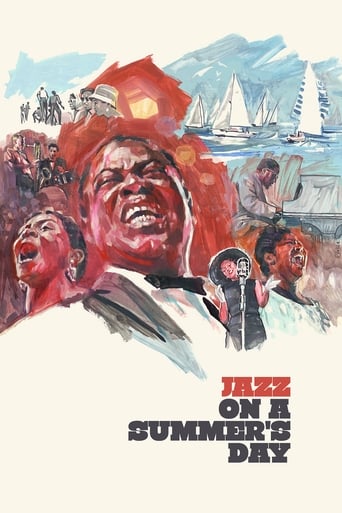


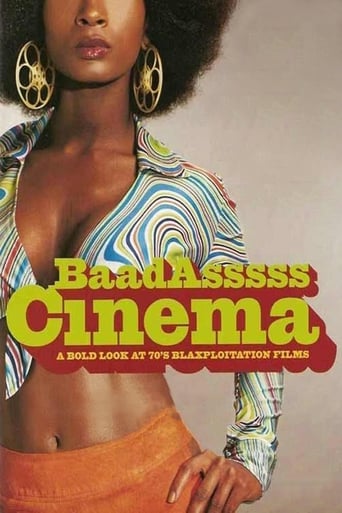


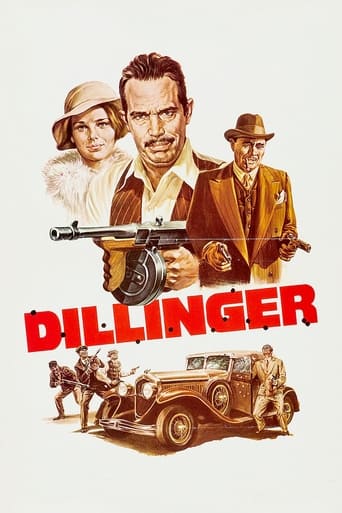
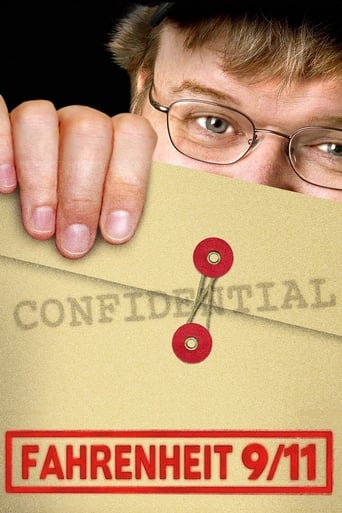


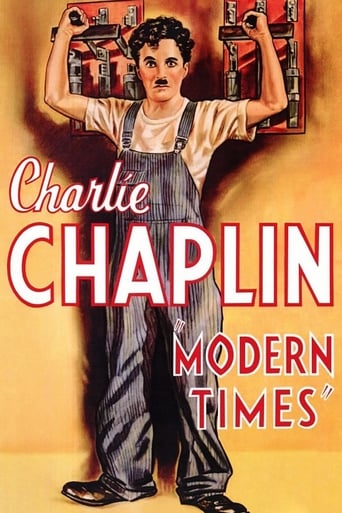











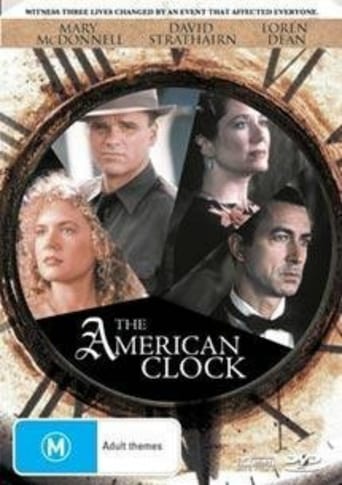

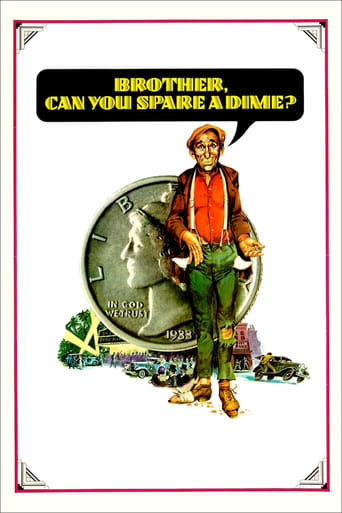




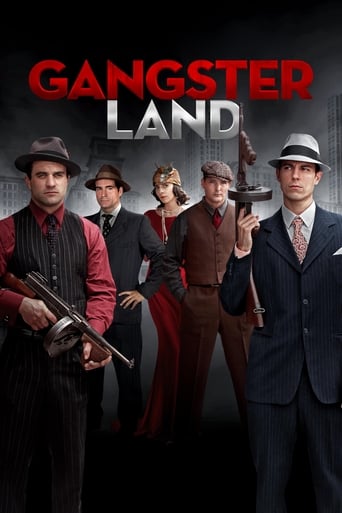



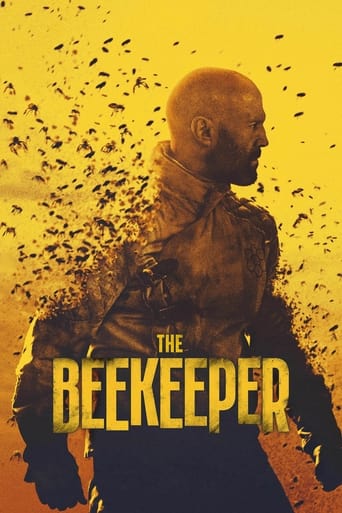
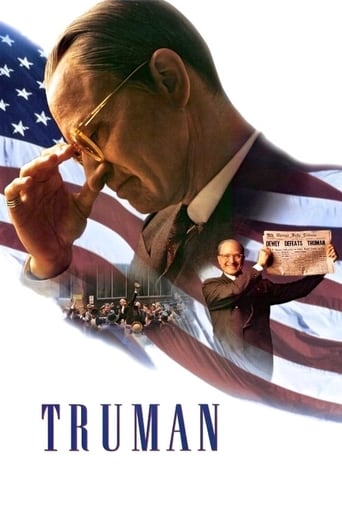
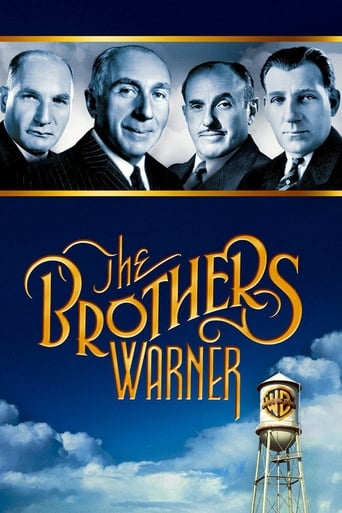





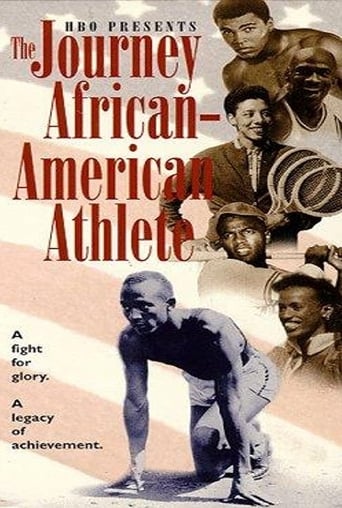

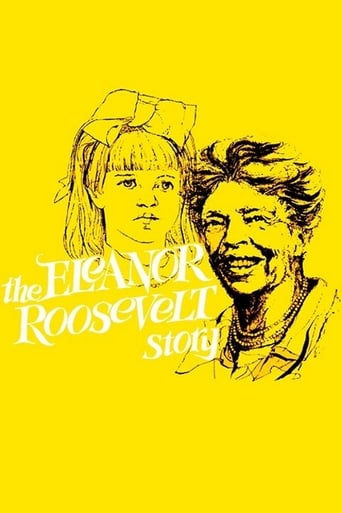

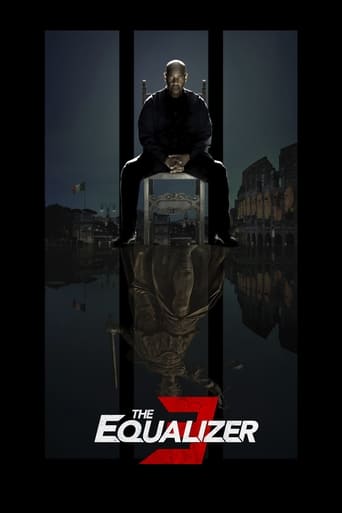
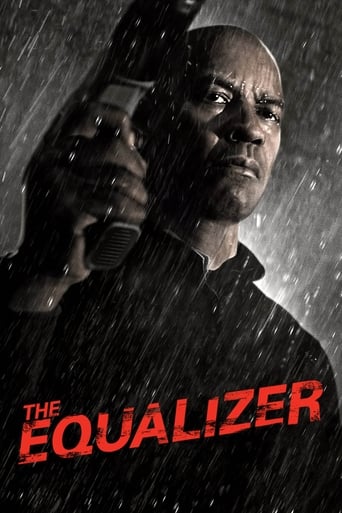
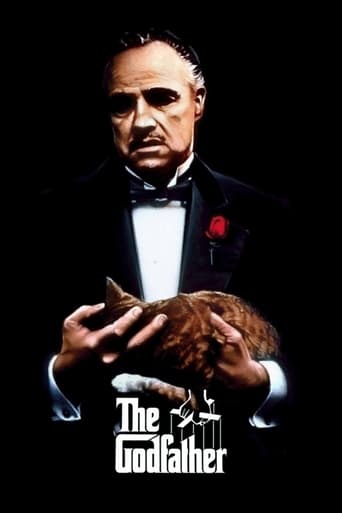
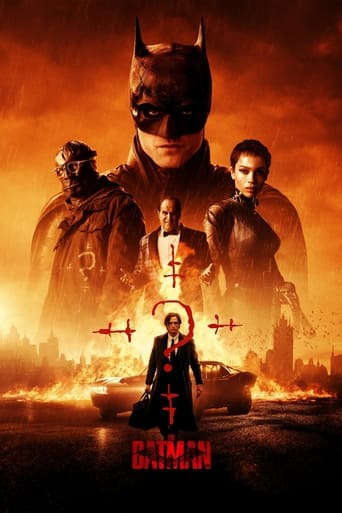
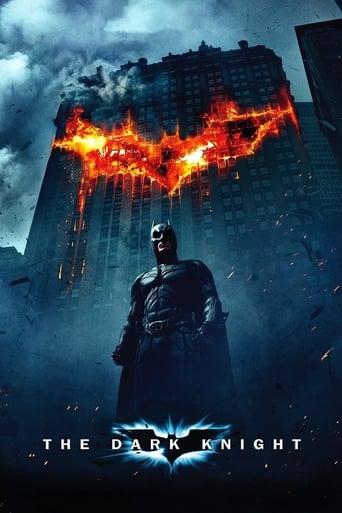
Zoot Suit
Part fact and part fiction, Zoot Suit is the film version of Luis Valdez's critically acclaimed play, based on the actual Sleepy Lagoon murder case and the zoot suit riots of 1940s Los Angeles. Henry Reyna is the leader of a group of Mexican-Americans being sent to San Quentin without substantial evidence for the death of a man at Sleepy Lagoon. As part of the defense committee, Alice Bloomfield and George Shearer fight the blatant miscarriage of justice for the freedom of Henry and his friends.